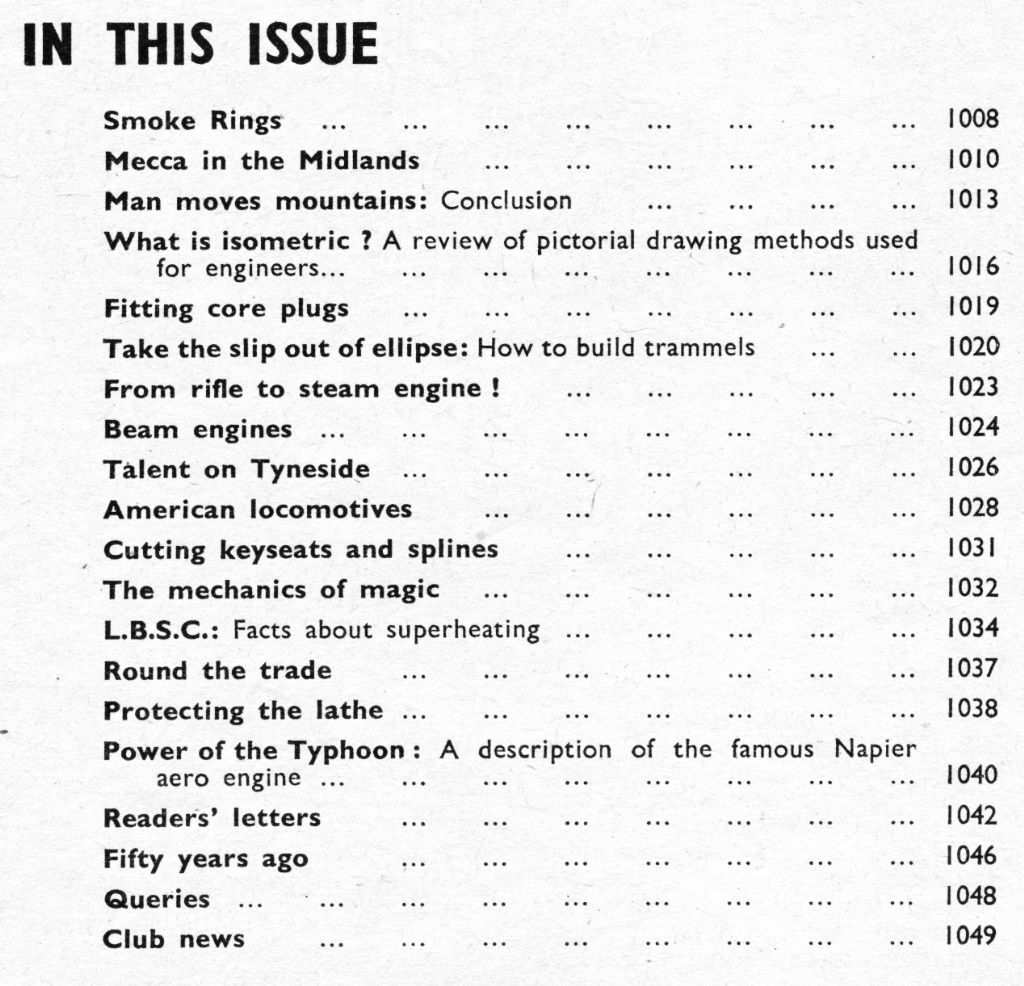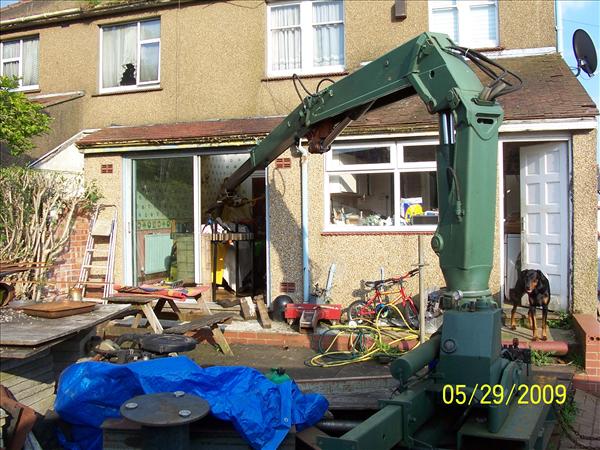I think that possibly your magazine does not exist. The closest to it may be MEW, but it's obviously not a perfect fit.
LBSC was a wonderful author. Nothing seems impossible under his guidance, and I think his whole can-do attitude got everyone else talking in the same vein.
Right. You don't have the money for your hobby. There are two solutions. Find more money by hook or by crook, or do something radical. I assume the money side is intractable, and if you are a 'Rev' by profession, it will be, so can I suggest something radical?
Make your own machine shop.
Be your own industrial revolution.
Sounds unlikely, but hear me out. In the 1980's there was an American called David Gingery who was faced with the same problem as you. Difference being he knew his stuff and was able to apply his engineering knowledge to solving the problem, and also wrote a series of books about it to teach other how to do the same, his 'Make a Machine Shop from scrap' series. These books start you off with nothing but a few basic hand tools and end you up with a well equipped workshop.
How?
Book 1 makes a charcoal crucible furnace using hand tools
Book 2 uses the hand tools and furnace to make a 7" swing lathe.
Book 3 uses hand tools, the furnace and lathe to make a 7" metal shaper.
Book 4 uses hand tools, the furnace, lathe and shaper to make a milling machine.
Book 5 uses hand tools, the furnace, lathe, shaper and mill to make a drill press
Book 6 uses everything to make a dividing head, 4 jaw chuck etc.
There are only aluminium castings and bits of cold rolled steel used in making the machines. Everything is shown and all necessary techniques learnt as you go along. I am a professional mechanical engineer, and would be proud to have designed or made any of the machines featured. They are a perfect fit for someone who simply cannot scratch the money together for a commercial machine. The books are available at Camden Miniature Steam Services.
Hmm. Not considering 3D printing as 'Engineering'. I have to disagree with you on that. There is no traditional engineering, if you think that engineering is limited to the manufacturing phase of the build. If you think that, then I fear you are mistaken. As things become more 'engineered' the engineering input is concentrated in the design phase. In the case of 3D prints, the engineering can only be in the design phase. If the material properties, strength, shape and overall form are properly considered, then the design phase is all engineering. If, however, the design is just knocked together in a few seconds by someone using a printer for the first time, then there is probably no engineering input at all.
Regards
Richard
DMB.






